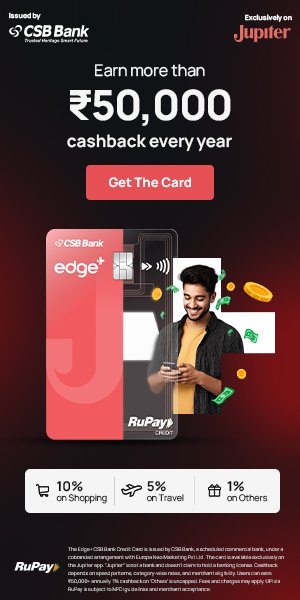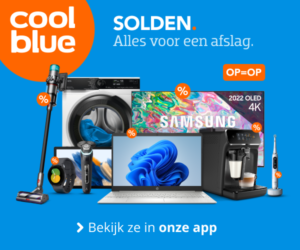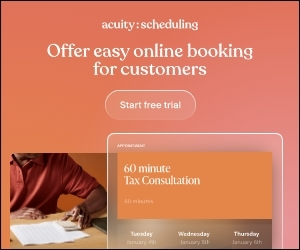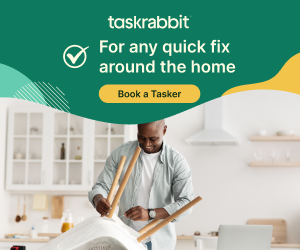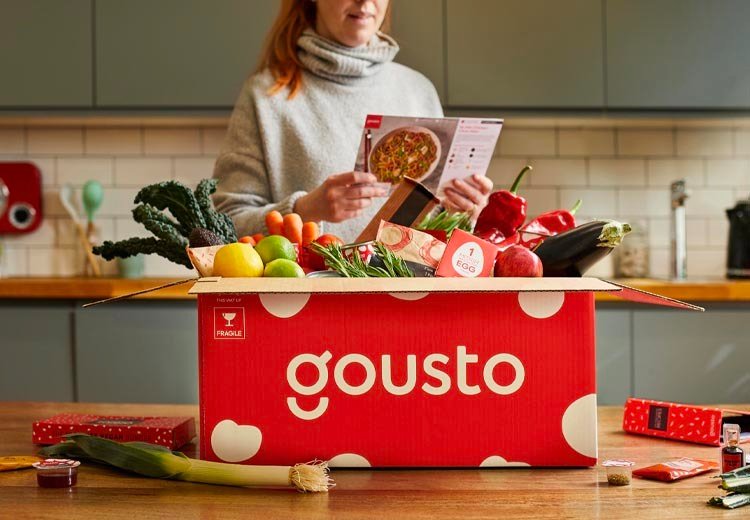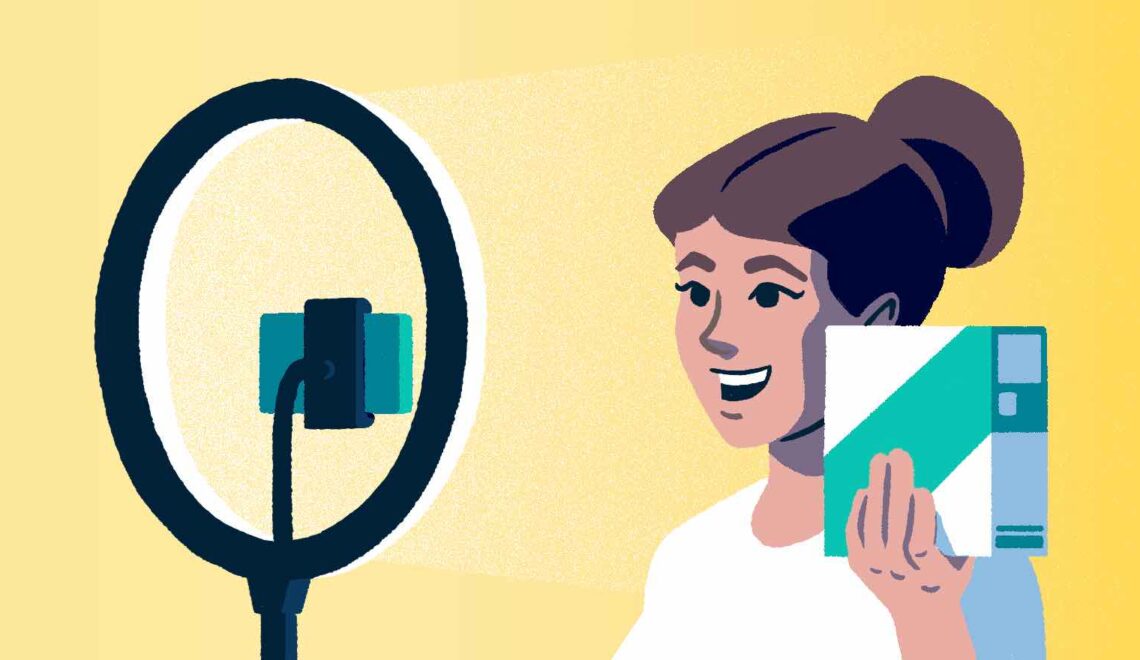
Business in the Creator Economy: Building a Brand, Not a Company
In 2025, the rules of entrepreneurship have changed. You no longer need a storefront, a massive budget, or a formal office space to launch a successful venture. The rise of the Creator Economy has opened the doors for millions of individuals to transform their passions, voices, and online presence into thriving, scalable brands.
Rather than building traditional companies, many creators are building brands around themselves—fueled by content, authenticity, and direct relationships with their audience. In this post, we’ll explore how the Creator Economy is redefining business, why branding matters more than ever, and how creators are turning influence into income.
What Is the Creator Economy?

The Creator Economy refers to the growing ecosystem of independent content creators—YouTubers, podcasters, influencers, newsletter writers, educators, and live streamers—who build and monetize audiences through online platforms.
Unlike traditional businesses, which rely on products or services, creators monetize influence, trust, and community.
Key characteristics of the Creator Economy:
-
Direct-to-audience communication (social media, newsletters, podcasts)
-
Monetization through platforms like Patreon, YouTube, TikTok, Substack, Gumroad, and Shopify
-
Emphasis on personal branding and community engagement
-
Multiple income streams (merch, courses, brand deals, digital products)
Why the Creator Economy Is Booming

The explosive growth of the Creator Economy is no accident. It’s the result of technological advancements, cultural shifts, and economic opportunity.
Reasons why it’s thriving in 2025:
-
Low entry barriers: Anyone with a phone and internet can begin creating and earning.
-
Consumer behavior: People prefer real human voices over corporate messaging.
-
New monetization tools: Platforms now offer built-in revenue options.
-
Increased brand investment: Businesses are moving advertising budgets to creators.
The Creator Economy isn’t a niche—it’s a revolution. Millions of people are now earning full-time incomes without ever forming a formal company.
Brand vs. Business: What’s the Difference?

In this new economy, the creator is the brand. Traditional business models emphasize scale, structure, and systems. Creator-driven brands focus on voice, values, and connection.
Why building a brand matters more:
-
Brands build loyalty: Consumers follow people they trust.
-
Brands allow flexibility: You can pivot content or products without losing your audience.
-
Brands create community: A strong brand isn’t just followed—it’s loved and shared.
How to Build a Brand in the Creator Economy

To succeed in the Creator Economy, creators must move from simply creating content to building a brand with intention, consistency, and strategy.
1. Define Your Identity
Your brand is your personality, values, and promise to your audience.
Ask yourself:
-
What topics do I talk about?
-
What problems do I solve?
-
What feeling do I want people to associate with me?
2. Be Authentic and Consistent
Your audience follows you for you. You don’t need to be perfect—you need to be real.
Tips:
-
Post regularly and stick to a tone/style.
-
Share your journey and behind-the-scenes moments.
-
Be open about successes and failures.
3. Create Value-Driven Content
People follow creators who give them something—whether it’s knowledge, entertainment, or inspiration.
Content ideas:
-
Educational tutorials
-
Honest reviews
-
Daily tips or motivation
-
Stories and personal experiences
4. Build a Community, Not Just a Following
Your brand isn’t about how many followers you have—it’s about how engaged those followers are.
Ways to build community:
-
Ask questions in your posts
-
Host live Q&As
-
Create a newsletter or private group
-
Respond to comments and DMs
5. Diversify Your Income Streams
Once you’ve built an audience, create multiple ways to monetize your brand.
Common revenue streams in the Creator Economy:
-
Brand partnerships and sponsorships
-
Affiliate marketing
-
Selling courses, eBooks, or templates
-
Offering coaching or consulting
-
Paid subscriptions or memberships
6. Own Your Audience
Don’t rely solely on social platforms that can change their algorithms overnight. Build assets you control.
Examples:
-
Start an email newsletter
-
Build a website or blog
-
Launch your own digital product storefront
Real-World Examples of Creator-Driven Brands
Several creators have successfully turned personal brands into multi-million-dollar businesses:
-
Emma Chamberlain: Grew a YouTube following into the lifestyle brand Chamberlain Coffee.
-
Ali Abdaal: Turned his productivity YouTube channel into a business empire through courses and digital products.
-
Marques Brownlee (MKBHD): Built a trusted brand in the tech space that now partners with major global companies.
These aren’t just creators—they’re entrepreneurs who built lasting brands through personality and trust.
How the Creator Economy Differs from Traditional Business

Here’s how creator-led brands differ from conventional startups:
Creator-Led Brand
-
Built around personality and values
-
Low startup costs
-
Audience-first approach
-
Flexible monetization
-
Community-focused
Traditional Business
-
Built around product/service
-
High operational overhead
-
Requires formal structure
-
Focuses on scaling
-
Hierarchical customer relationships
In the Creator Economy, the creator is the product. People follow them not for what they sell, but for who they are.
Why Now Is the Best Time to Build Your Brand
There has never been more opportunity to turn your creativity into a business. The tools are free. The platforms are available. And the audience is ready.
Building a brand in the Creator Economy doesn’t require permission from investors or executives. You can start today—with your voice, your story, and your content.
Benefits of starting now:
-
Global reach with no gatekeepers
-
Control over your work and message
-
Direct relationships with your audience
-
Ability to evolve and expand with your brand
Conclusion: The Future Is Creator-Led
The Creator Economy isn’t just for influencers—it’s for anyone who has something valuable to share. Whether you’re a writer, artist, coach, teacher, or entertainer, you can build a brand that matters.
Instead of building a company with rigid systems and faceless marketing, build a brand rooted in who you are. Connect with people. Create with purpose. Grow with intention.
The future of business belongs to creators. And in this economy, your brand is your greatest asset.

